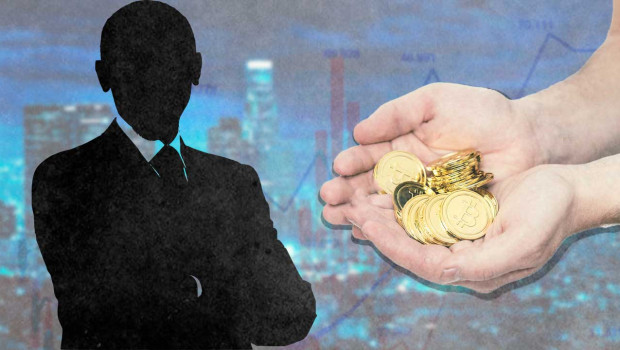Bitcoin becomes the official currency in the Central African Republic, but can´t go back above $40,000

The Central African Republic (CAR) approved Bitcoin as legal tender, making it the second country to do so after El Salvador's decision last year. The country's lawmakers voted unanimously to make the digital currency official, according to a statement from the CAR presidency. This move puts the Central African region "on the map of the world's boldest and most visionary countries," it stated. The market has reacted with little joy to the news and Bitcoin remains below $40,000, while Ethereum is barely above $2,800.
The Central African Republic is one of the poorest countries in the world, but is rich in diamonds, gold and uranium. It has been suffering from decades of conflict and is a close ally of Russia, with Wagner Group mercenaries helping to fight rebel forces.
The country currently uses the French-backed CFA franc as its currency, along with most former French colonies in Africa. Some see the adoption of Bitcoin as an attempt to undermine the CFA, amid a competition for influence over the resource-rich country between Russia and France. "The context, given systemic corruption and a Russian partner facing international sanctions, fosters suspicion," French analyst Thierry Vircoulon told AFP news agency.
The Internet is needed to use any cryptocurrency, but in 2019, only 4% of people in the CAR had access to the Internet, according to the WorldData website, which has led some observers to question the decision and call it hasty.
Investors have reacted cautiously to these reports and despite the fact that Bitcoin has everything in its favor to launch a rally to lift it above $45,000, Wednesday's plunge in the Nasdaq to new yearly lows keeps digital assets under pressure, weighed down by the suffering of tech stocks. Total market capitalization stands at $1.8 trillion.
El Salvador became the first country to adopt Bitcoin as an official currency in September 2021, a move criticized by many economists, including the International Monetary Fund, that stated it increased the risk of financial instability.